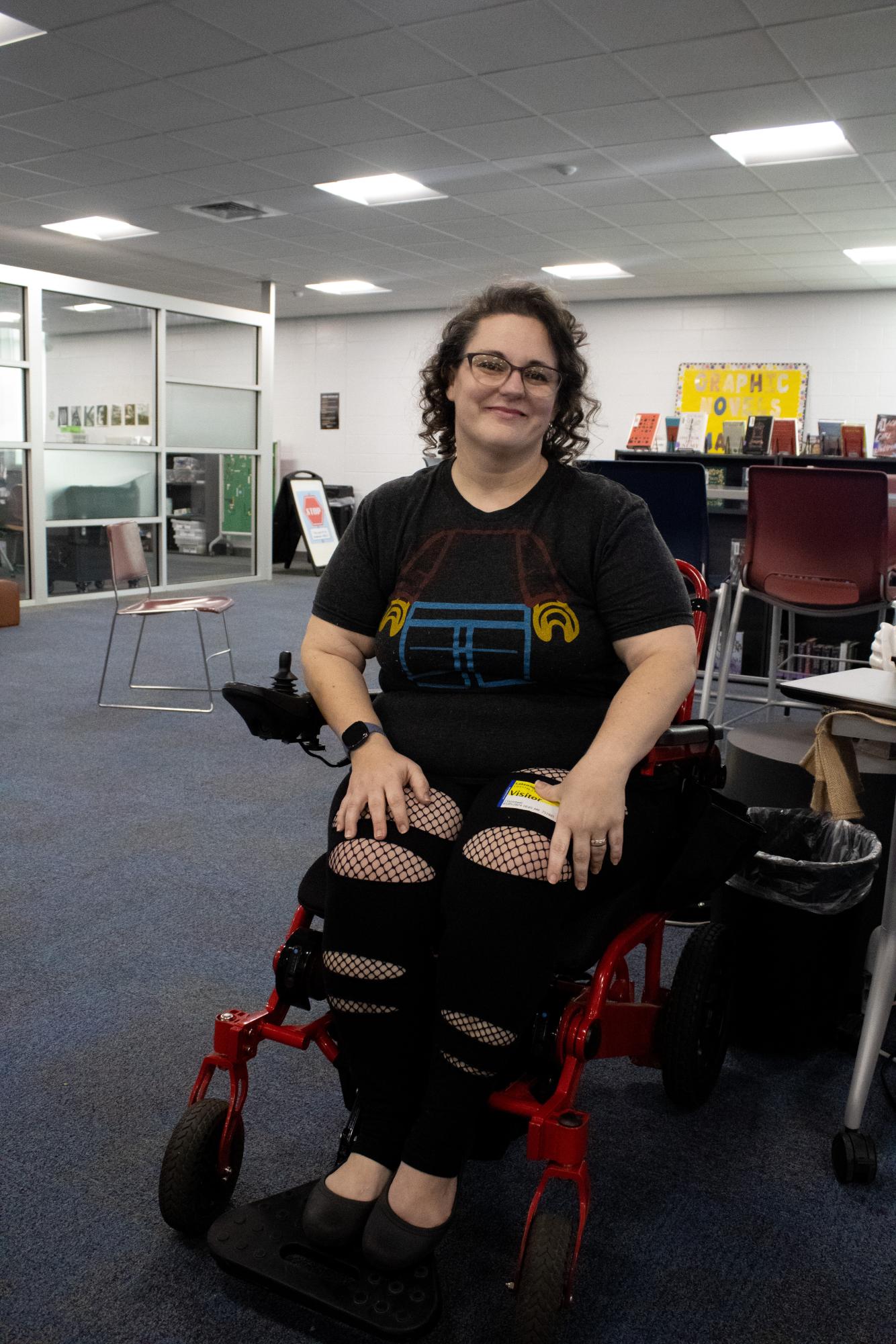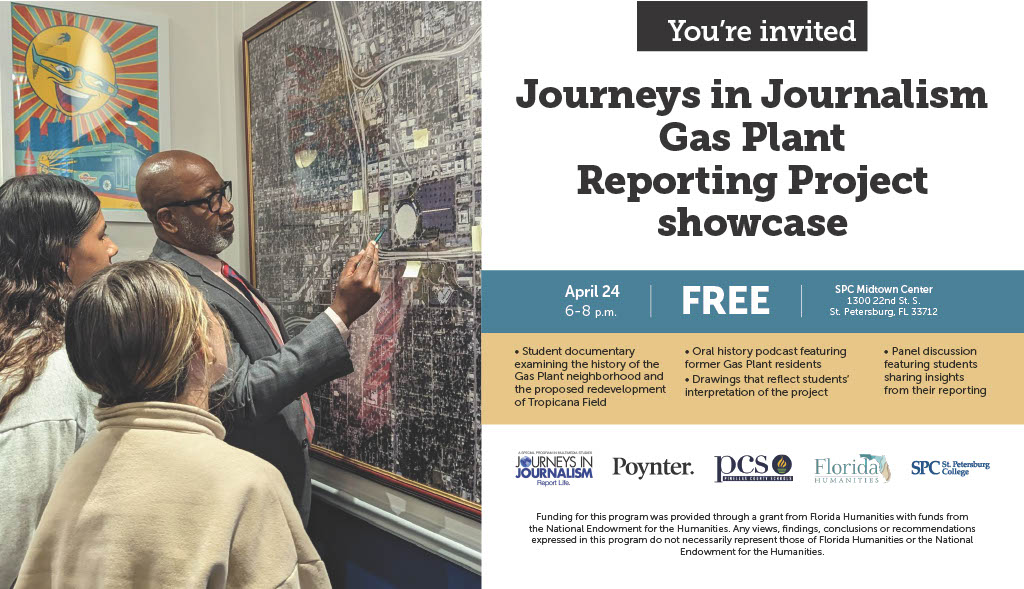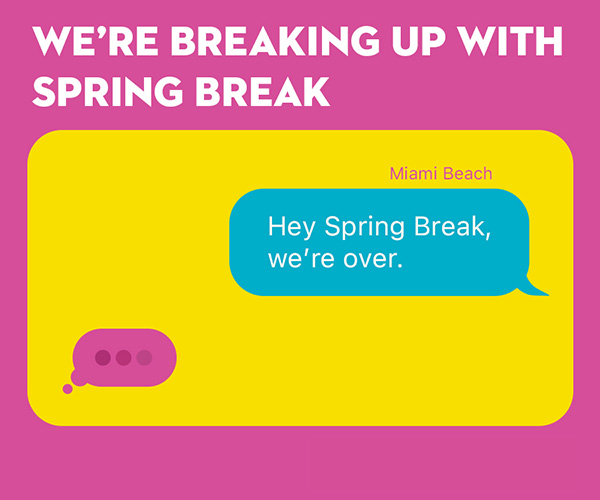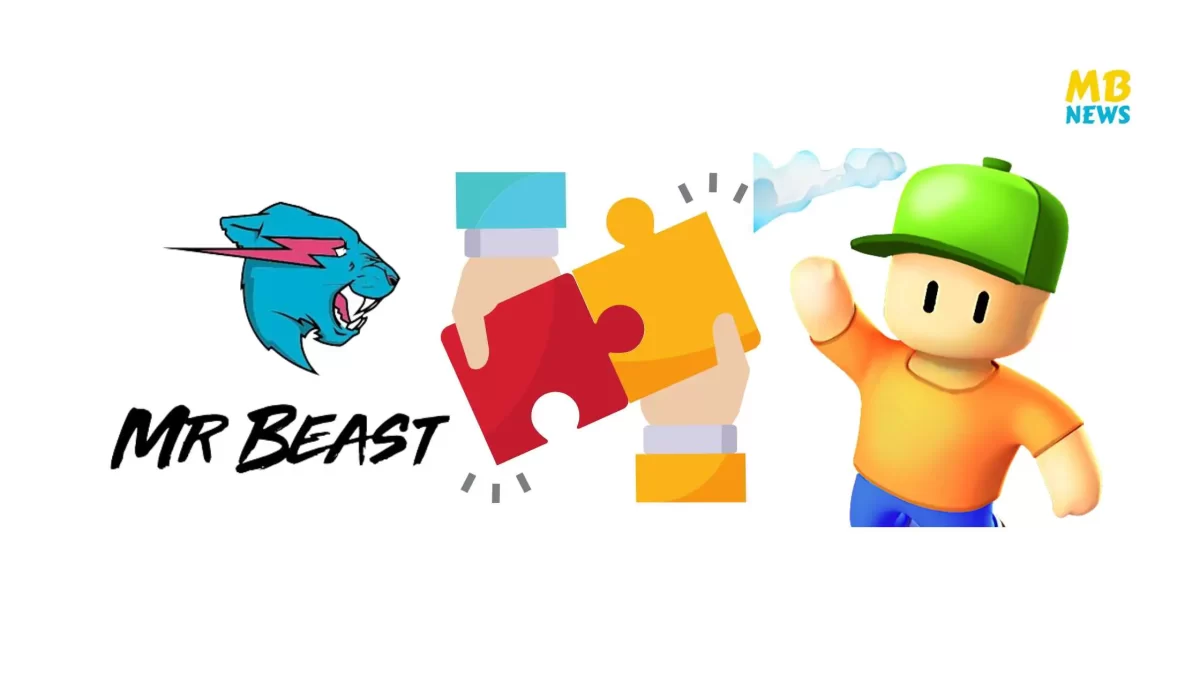She’s a business owner. She’s a consultant. She’s a wheelchair user. She’s an engineer. She’s a project manager. She’s a ‘perpetual nerd’. She’s a mom.
Entrepreneur Crystal Larsh is a woman of many labels. She considers her labels an important part of her identity. The journey towards gaining these labels gave her more insight about the world and herself.
Larsh works in Texas, but she went to Lakewood High and was a class of 2001 graduate.
She had her first job when she turned 14, working at a place called ICare Industries, a company that makes glasses.
High School was not easy for her, as she was used to cruising through classes like she did in middle school. Her AP classes only made things worse.
“An ambulance had to come and take me to the hospital,” says Larsh, recalling a panic attack that occurred three days before graduation.
“I had had gotten myself so worked up that I literally had a panic attack that triggered an asthma attack, and I passed out in the hallway at the top of T-Wing,”
She emphasizes the importance of seeking out someone to talk to if you need help.
She also believes that her ADHD, undiagnosed at the time, played a role in her performance, but she doesn’t want that label to define her.
She went to USF, leaving her job at ICare to work at Office Depot. She used her previous experience in accounting from her ICare job and figured that the next logical step would be to get an accounting major.
As she gained more experience, she learned something about herself.
She dislikes accounting.
“Most of it is fixing other people’s mistakes, and it gets very annoying,”
She later a job at Nielson Media Research, which handles TV ratings and provides data about the audiences of different types of media.
The software they used at the time was dated even in 2003; it was put into production in 1983. Dubbed The Euro, it used the job control language, which was only a step above assembly language, which consists of zeroes and ones.
New technology created a new set of obstacles. Suddenly, Larsh and her colleagues had to consider how new technology like DVRs, a device that allowed for people to record programs digitally, would impact how people watch TV.
She found Nielson Media to be a difficult job to juggle alongside school.
Eventually she got burnt out, resulting in her quitting school for a year and a half without finishing her undergraduate.
“By the time 2007 came around, I was about to turn 25,” said Larsh.
“I was miserable,”
She was in a state of limbo, too overqualified for an entry-level job, but not qualified enough for one that was higher-level.
She got fed up with being in employment limbo and took a risk.
She cashed out her 401K and went back to school.
“It was the scariest thing I had ever done because if this doesn’t work, where am I gonna go?”
Her efforts worked out.
In 2008, she graduated with an undergrad in marketing, and got the job she’s been chasing while at school: working as a product manager at the Raymond James foundation.
She worked on a system that did custom variable prints. This system was convenient for most, creating unique prints for things such as business cards.
There were some who hated this system, one of them being a guy who had so many letters after his name that his business card had to be double the normal size and folded in half.
This experience made Larsh come to another realization.
She wanted letters.
“That, that is who I want to be,”
She worked there for a while but left due to its meager pay.
She went back to school once again in pursuit of more letters. She liked the idea of an obnoxiously long name, but she was pursuing letters for other reasons.
“As a woman, and being really young in my career, nobody listened to me,”
She shattered records, getting products ‘in the black’, or very profitable even within the first year, but still wasn’t good enough to own her own product.
While getting her master’s degree, she couldn’t find any worthwhile jobs for her.
By the time she was about to get her degree, she was only making $40,000 a year, which wasn’t enough to sustain herself in Florida. She moved to Austin, Texas at the suggestion of her husband for its lower cost of living and higher salaries.
Her first job in Texas went horrible, getting fired after 4 months. But she gave Texas another chance, and picked up a job at IGT, a company that makes gambling machines like video poker.
She became uncomfortable with the fact that she was possibly taking someone’s mortgage and fueling their addiction and started searching for a new job.
Her next job was at EA, where she worked on customer service systems. When she started working there, the company had been rated as the worst customer service for video games twice.
She was able to bring the customer service approval rating from 40% to 86%, working with the developers and addressing user feedback.
When she had her first kid, being a mother in her field was starting to take a toll, so she later quit.
She’s worked with many other companies since then, from the Texas Juvenile Justice Department to the engineering firm Emerson.
Now she runs her own business. Her business, Tabletop PM, is a game consulting company. She has worked with companies such as Osmo and Marvel Puzzle Quest, and currently works for Riot and Rainbow Unicorn games.
Larsh has gained a lot of insight since her first job at ICare. She wants younger people to develop those soft skills you learn now into the skills you will need in the workplace.
“You need to develop those soft skills and those leadership skills; you’ve got to learn how to delegate instead of micromanaging people,”
Most importantly, she believes the best advice is to pursue what you love, and that the pathway towards what you love just might change.
“You’re going to change your mind, and that’s okay,”








